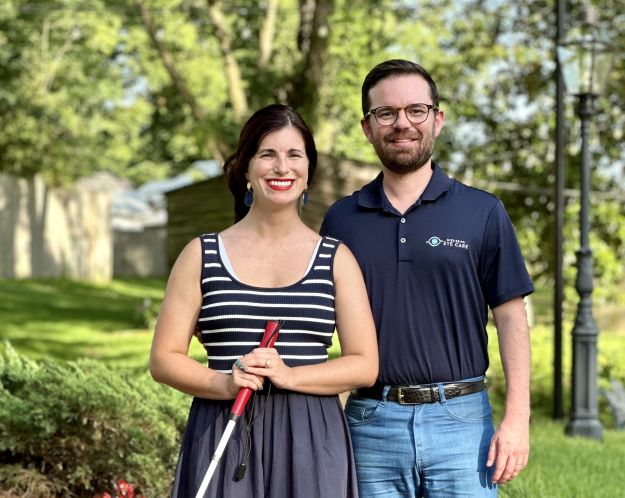Vote on Downtown District ordinance could happen July 17
Published 8:31 pm Tuesday, July 3, 2018
By Keerthi Chandrashekar
The Oxford Board of Aldermen could potentially vote on the proposed Downtown District ordinance July 17, Mayor Robyn Tannehill revealed at Tuesday’s Aldermen meeting.
A vote isn’t guaranteed to happen July 17, but Tannehill stated it is possible if the board feels comfortable. If the ordinance is voted in, it would take effect 30 days from ratification and would be evaluated for effectiveness at the end of the year.
“What we’re doing is trying to provide for public safety and quality of life and protect the surrounding downtown area that has brought so many people to our community,” Tannehill said. “There’s a reason Oxford’s grown 13 percent the past few years. It’s because of the quality of life here and shame on us if we get intimidated or talked out of putting the things in place to protect that.”
The Downtown District ordinance now applies to restaurants, bars and event spaces throughout the whole city. In its original form, the proposed Downtown District was drawn up as a section of the Square. Complaints from business owners and fears about pushing drinking elsewhere in town led the aldermen to expand the ordinance’s scope citywide during Monday’s public hearing at the Oxford Conference Center.
The decision was not an official vote and is not legally binding.
The latest draft of the Downtown District ordinance affects businesses that sell alcohol and allow “on-premises consumption” and requires specific safety measures, including security cameras and ID scanners.
The goal of the ordinance is to promote public safety and fight underage drinking, Oxford Police Chief Joey East said during Monday’s public hearing.
The latest ordinance draft no longer requires a specific number of security guards based on occupancy for event venues, and instead leaves it up the businesses to “provide adequate protection.”
“Just to be clear, as clear as you can be, this puts some burden on the police to determine when that hadn’t occurred,” said Oxford city attorney Pope Mallette. “But that burden could be met, for example, if they see minors passing IDs out a window and there’s no supervision stopping that from happening.”
The new ordinance draft also increases the amount of time businesses have to fix security camera problems from five days to 30 days. At the time of the reading, the draft read “thirty working days,” but the board agreed to change it to 30 calendar days during Tuesday’s meeting.
Event spaces like The Lyric will have to file a “notice” rather than a “permit,” according to the proposed ordinance. The notices still require the business to file information such as the names and contact information for the promoters and performers at an event. Both citizens and business owners have expressed concerns about the usage of the ordinance to regulate event content, a claim both the board and East have denied in public.
The Downtown District ordinance now also lists “software” under potential ID scanners, reflecting the board and OPD’s backing of ID-verification apps like Intellicheck as a cheaper alternative to more expensive and ineffective ID scanning machines.
The Board of Aldermen will hold a public hearing for the Downtown District ordinance Tuesday, July 17 during its 5 p.m. meeting.





